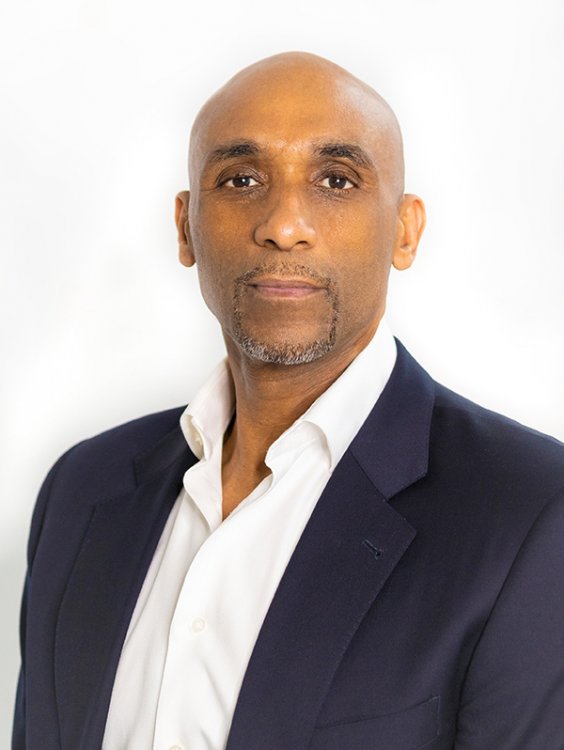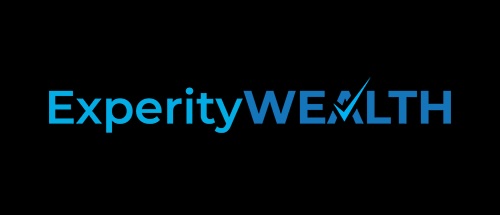Robert Cannon , MBA, AIFA
, Certified Financial Fiduciary
Experity Wealth
Why Knowing Yourself Is the First Step in Personal Finance
When discussing personal finance, we often jump straight to numbers—budgets, retirement strategies, and debt payoff plans. But before any of that can be truly effective, there's a much more personal and often more difficult step: knowing yourself.
This means getting honest about your relationship with money. How do you feel when you check your bank account? Do you avoid looking at it altogether? Are you someone who shops when stressed or freezes up at the thought of long-term financial planning? These questions aren't always easy to answer, but they matter as much—if not more—than how much you contribute to your 401(k).
Admitting You Need Help
For many people, the most challenging part of personal finance isn't creating a plan—it's acknowledging that they need help in the first place. Money is tied closely to our sense of identity, success, and even self-worth. Admitting that you don't have it all figured out can feel vulnerable or even shameful. But here's the truth: financial literacy isn't something most of us are taught in school or at home. We're expected to know how to manage credit, save for retirement, pay off loans, and invest wisely—all without an actual playbook.
So, if you're feeling behind, overwhelmed, or unsure, you're not alone. And you're not broken. You're human.
Getting help doesn't mean you've failed—it means you're ready to take yourself seriously. Whether that means sitting down with a licensed financial professional, enrolling in a free financial literacy course, or even discussing your concerns with someone you trust, taking that first step is an act of courage, not defeat. A trusted financial advisor can also be a valuable resource in helping you sort through your options and clarify your goals—especially when the process feels too big to tackle on your own.
Breaking the Stigma Around Money
As a society, we still carry a lot of stigma around personal finance. We whisper about debt, stay silent about financial stress, and often avoid conversations about money altogether. This silence only makes it harder for people to seek support when they need it.
It's time we treat financial well-being like we treat mental health—something that deserves open conversation, education, and compassion. The truth is, nearly everyone struggles with money at some point in their life. Whether it's unexpected expenses, job loss, medical bills, or simply not having been taught how to budget effectively, financial setbacks are part of the human experience.
The more we normalize asking for help, the more likely we are to create communities where people can support each other, share knowledge, and grow together. And that's what personal finance is really about—not just getting richer but gaining the confidence and clarity to build a life you actually want.
A Better Way Forward
Understanding your financial habits, fears, and goals requires a level of self-awareness that most of us aren't used to applying to money. But it's the foundation for lasting change. When you know yourself, you can build a strategy that reflects your values and supports your life—not just your bank account.
And if you're struggling or unsure where to start, remember: seeking help isn't a weakness. It's a powerful decision to stop pretending and start progressing. You're not the only one, and you don't have to do it alone.
Many people have learned about the power of the Safe Money approach to reducing volatility. Our Safe Money Guide, now in its 20th edition, is available for free.
It is an Instant Download. Here is a link to download our guide:

Robert Cannon , MBA, AIFA
Experity Wealth
1037 East Putnam Avenue
2nd Floor
Riverside, Connecticut 06878
robert.cannon@retirevillage.com
(475) 897-5551


Looking For Answers?
Download our Safe Money Guide and learn more about safe retirement options that can help you achieve your retirement goals safely - FREE!
